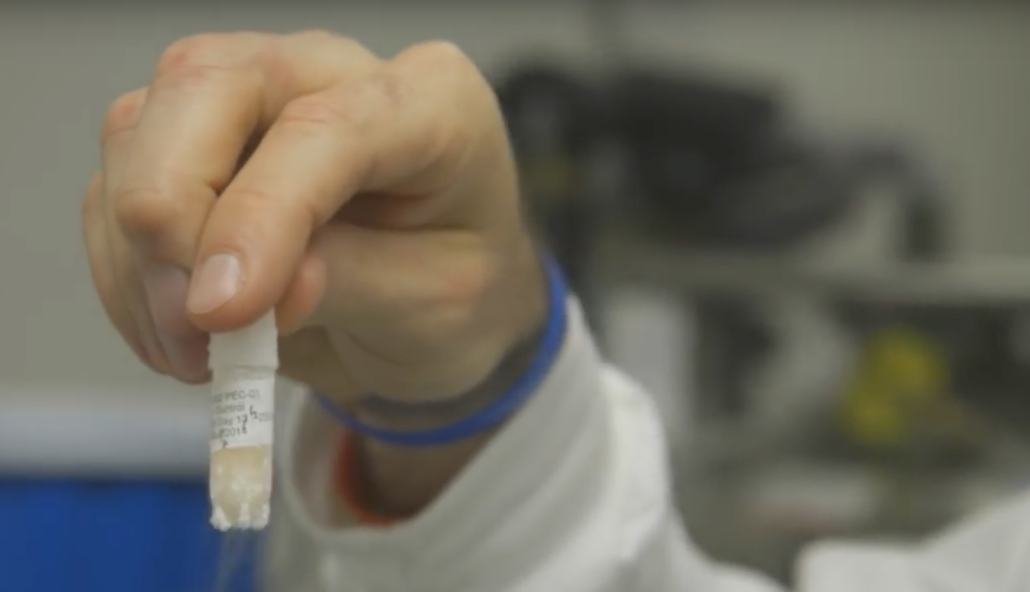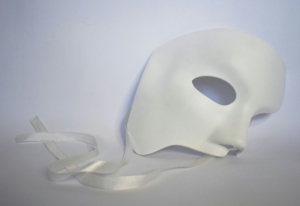
CRISPR Therapeutics and Viacyte launch diabetes partnership
CRISPR Therapeutics AG announced a development partnership with ViaCyte Inc to develop genome-edited pancreatic islet cells, which do not require immunosuppression, to treat diabetes.
Under the agreement CRISPR Therapeutics AG will use ViaCyte Inc.’s pancreatic stem-cell-based islet cell replacement therapy PEC-Direct (VC-02) to develop islet cells that could be delivered without the need for immunosuppression and encapsulation allowing treatment of a larger patient population. Currently ViaCyte is in clinical studies with PEC-Direct cells , which are encapsulated in a device that allows for vascularisation but still need immunosuppression, in a high-risk population of patients with type I diabetes The company is also in Phase I/II trials with PEC-ENCAP, in which its pancreatic stem cells are encapsulated in a device that protect the cells from attacks of the immune system but seem to allow worse vascularisation than PEC-Direct. The companies’ definite goal is to develop non-immunogenic allogenic stem cells, which can be used without encapsulation device allowing improved vascularisation and engraftment and which can be used for off-the-shelf production of islet cells for diabetes treatment.
Under the deal, ViaCyte will receive a US$15m upfront payment from CRISPR, and is eglible to receive a further US$10m milestone. CRISPR and ViaCyte agreed to share development costs and sales if the therapy reaches the market.
CRISPR Therapeutics AG will bring in its expertise in CRISPR-Cas9 genome editing to specifically switch off antigenic determinants at the surface of Viacite’s PEC-Direct cells ex vivo. So far, no approach has been successful to prevent immunologic rejection of modified cells or organs.




